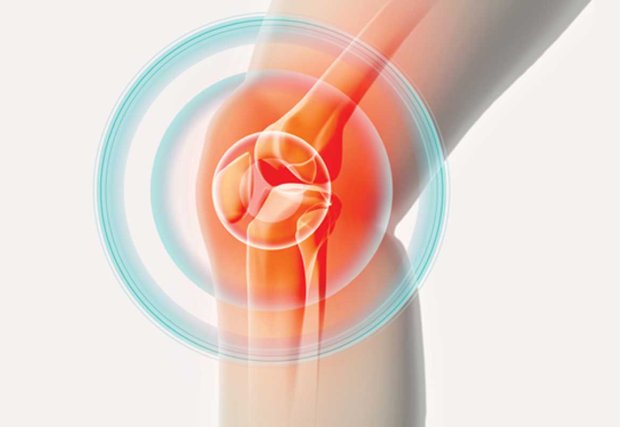Gout is a painful condition that can be difficult to diagnose. Sometimes referred to as “the disease of kings,” gout affects millions of Americans, including both men and women – although it is more prevalent among men.* Here, family medicine physician Micheal McGrew, DO, of Las Vegas Medical Group in Summerlin, discusses the condition, including symptoms, treatment options and more.
Q. What is gout?
Gout is a common, painful type of arthritis. It is the result of an accumulation of uric acid in the blood due to poor metabolism and diet. Uric acid forms sharp, needle-like crystals that accumulate in the joints, causing pain and swelling. It can also form painful stones in the kidneys. Gout most commonly occurs in men over the age of 30 and women over the age of 50. Men, post-menopausal women, people who are overweight and those over the age of 80 are at an increased risk.
Q. What parts of the body can gout affect?
Gout tends to affect one joint at a time, most commonly the big toe. It can also affect the elbows, wrists, fingers, knees and heels. Gout flares tend to happen more often at night and can be extremely painful. The pain is worse at the onset of gout and can last a few days to several weeks. Flares will continue to occur if nothing is done to stop the accumulation of uric acid.
Q. How is gout treated?
If you think you might have gout, make an appointment with your family physician. A basic lab test can determine the diagnosis and guide your treatment. As soon as you feel a gouty flare, a non-steroidal anti-inflammatory drug (NSAID) such as ibuprofen can offer relief (NSAIDs are not safe for individuals with kidney or liver disease or GI bleed). Other treatment options are available through your family physician. Please consult your physician before starting any treatment.
Q. Can gout be prevented?
Gout may be prevented through a safe weight-loss program discussed with your physician. A diet balanced in vegetables and whole grains and low in fat can also help. Drinking plenty of water to avoid dehydration is also important to avoid gout and gout flares. Limit or avoid alcohol and sugary drinks. If you have gout, you are likely to have other health-related issues. Make an appointment with your family physician so you can work together to help you get back on track to a healthy and happy lifestyle.
For help finding a family medicine physician, call 702-388-4888 or search online.
*Arthritis Foundation®

